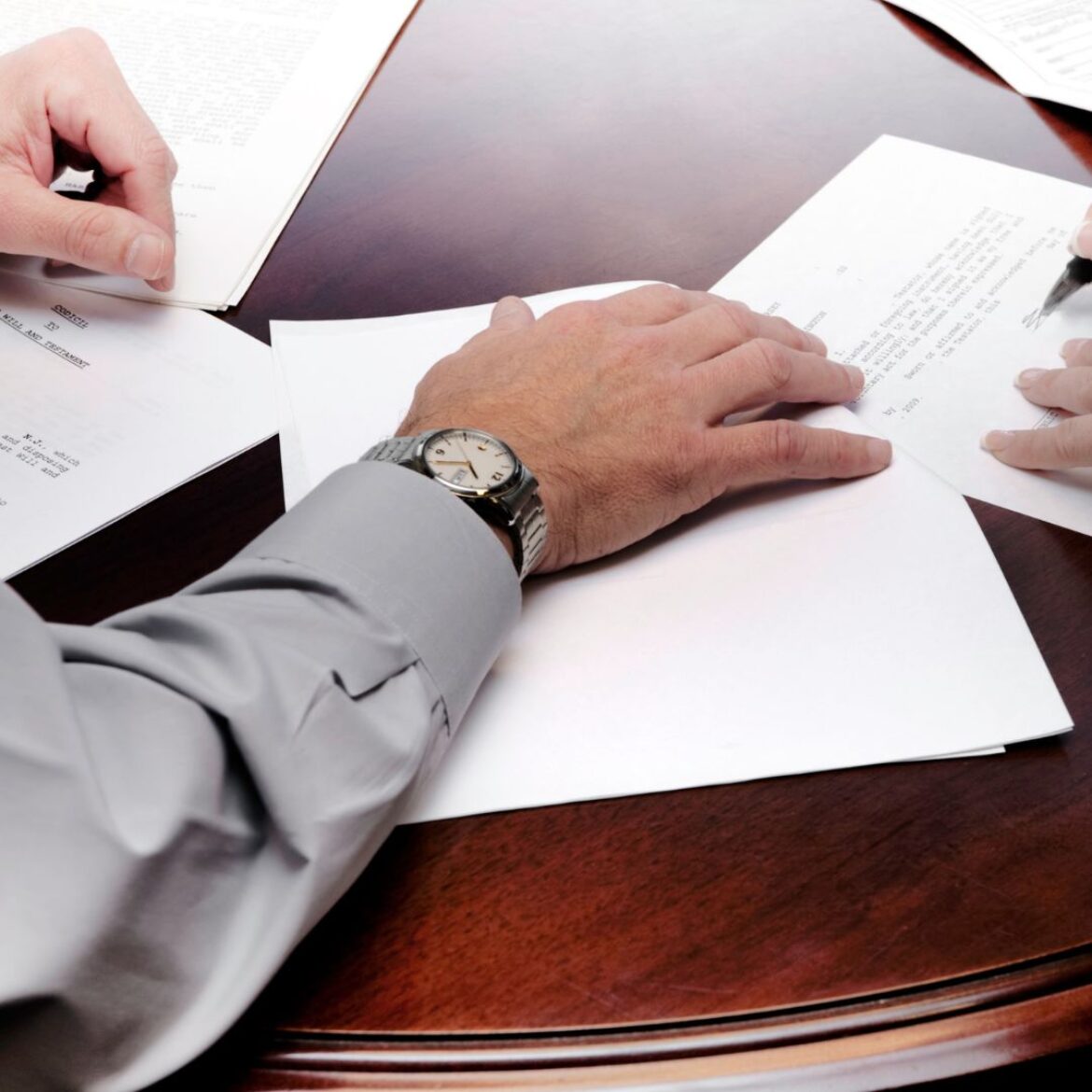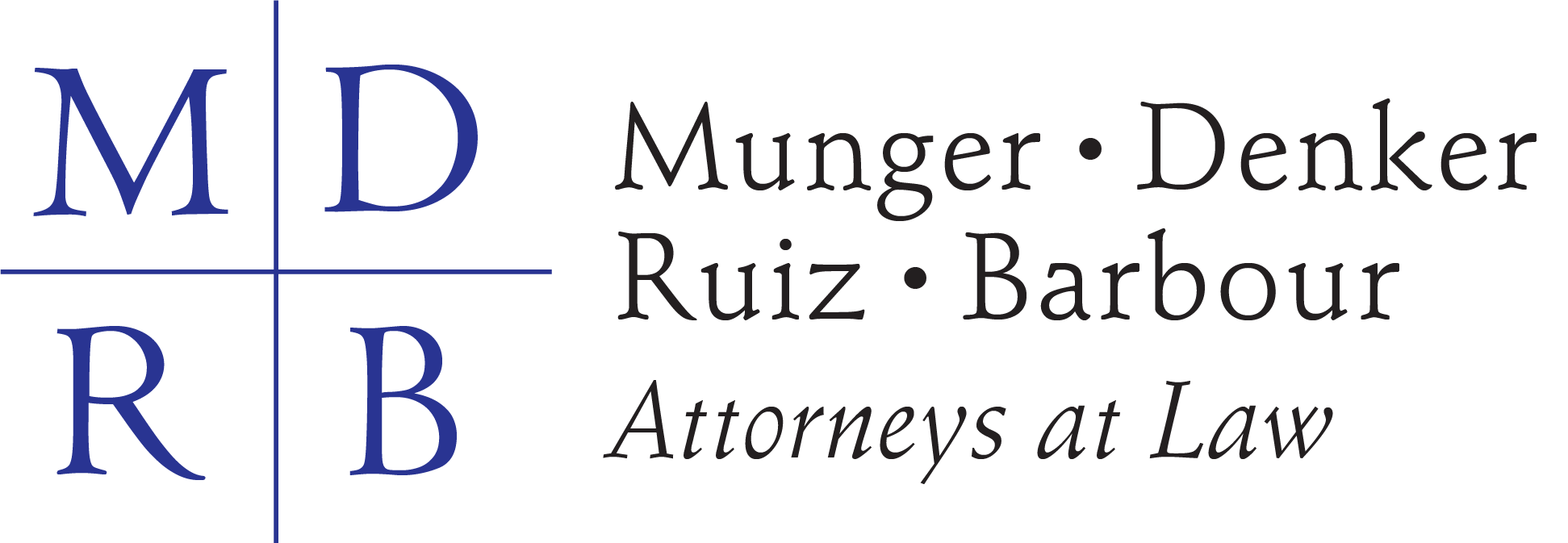
Probate, Wills, Estates, and Trust Litigation
Normally when a person dies, his or her assets pass to the people and organizations identified in the decedent’s estate plan — that is, according to the will or trust that the decedent created during his or her lifetime. But in some cases, the validity of the decedent’s estate plan is subject to a challenge in court. In those cases, it is critical to have the assistance of attorneys experienced in the area of probate, wills, estates, and trust litigation. Attorneys such as those at Munger • Denker • Ruiz • Barbour.
There are three primary reasons that a will or trust might be deemed invalid:
- Lack of Capacity. If a person makes a will or trust at a time when that person is in an incapacitated mental state such that the person does not know what he or she is doing, then the will or trust is not valid.
- Undue Influence. If the terms of a person’s will or trust do not reflect that person’s true desires, then the will or trust is not valid. In particular, if someone else uses threats, trickery, or some other tactic that causes a person to make a will or trust that does not reflect his or her own true wishes, then a court may declare the will or trust invalid.
- Exploitation. Finally, a court may order that a person is not entitled to inherit property from a decedent whom the person exploited or abused during the decedent’s lifetime — even if the decedent did not lack capacity at the time the will or trust was drafted, and even if the will or trust was not the product of undue influence.
Unfortunately, unscrupulous actors sometimes take advantage of the above legal principles in order to gain an inheritance that they otherwise would not have received. Friends, relatives, and even strangers sometimes allege that a decedent would have done something different but for a lack of capacity or undue influence. Likewise, in order to have legitimate heirs disqualified from receiving property under the decedent’s will or trust, unscrupulous actors sometimes will allege that one or more of the legitimate heirs abused or exploited the decedent.
If you are involved in a dispute over the validity of a will or a trust, please contact Munger • Denker • Ruiz • Barbour right away.



